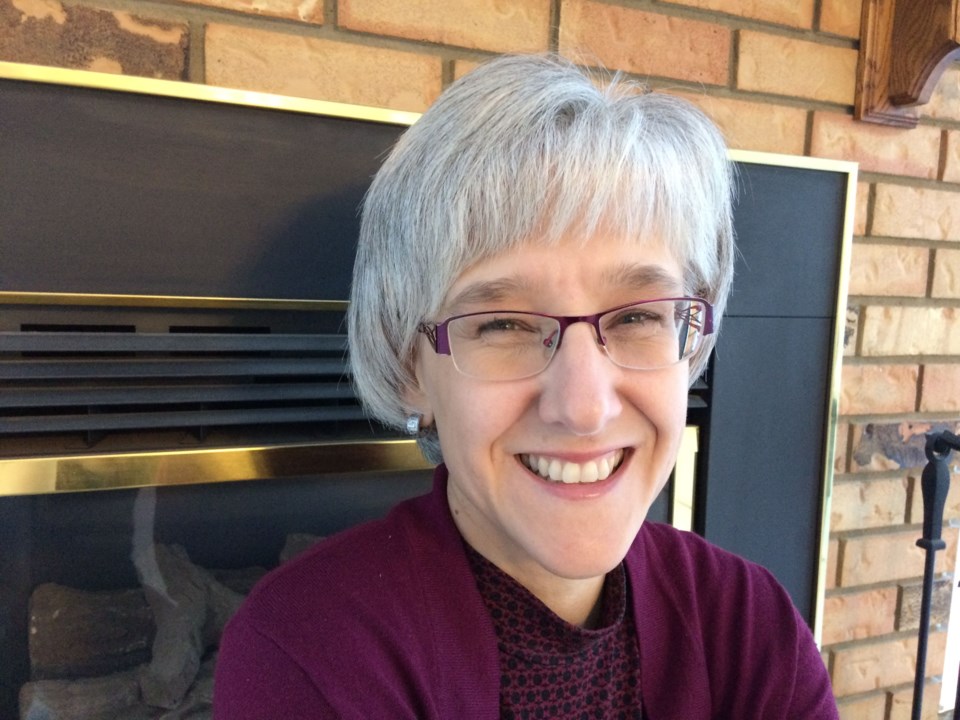THE BATTLEFORDS — Sharon Rodney, the piano adjudicator for the 2024 Battlefords Kiwanis Music Festival, was born and raised in Yorkton. She completed ARCT (Associate with Royal Conservatory of Music) certification in 1987 in piano performance while studying with Jean Laube. She went on to the University of Saskatchewan and studied with Robin Harrison. Under his direction, she completed a practical exam for her LTCL (Licentiate with Trinity College, London, England) in piano performance in 1988. She completed the required theory exams in 1992. Rodney competed in music festivals throughout her life and won the Haydn/Mozart scholarship at provincials.
In 1988, Rodney began teaching piano in Grade 11 and has taught ever since. The majority of her musical career was in Humboldt and area. Many of her students have competed at provincials and two have competed nationally. In addition to teaching, she is active as a collaborative pianist working with both students and professionals. She is part of community musicals and several choirs. She is also very active in church music. She was the accompanist for the Marysburg annual Christmas concert 10 ten years as well as twice collaborating with Maxine Moore in the Marysburg Centre of the Arts concerts.
She has worked with Sharon Carter, from Middle Lake, in many community events including gala concerts with members of the Saskatoon Symphony. She has supported summer schools for children and leads a youth choir. Rodney moved to Martensville in 2018 and has been establishing a new piano studio there. In addition to teaching, she adjudicates at music festivals every spring. She also enjoys composing, singing, playing the flute and the cello.
There has been much documentation on how learning to play the piano develops life skills and offers benefits. In the online article “15 Benefits of Learning to Play the Piano” found on the blog for Lindeblad Piano Restoration, 15 benefits are identified. Benefits identified include health benefits such as brain processing, hearing, memory, reducing stress or anxiety and strengthening hand-muscle and hand-eye coordination. Learning to play the piano helps develop skills that support math, reading comprehension, time management and tactile functions. Learning to play the piano requires concentration, discipline and patience. Learning to play the piano might improve rhythm and co-ordination. It is akin to learning a new language. As a creative outlet, learning to play the piano can offer an “unplugged” form of entertainment. In way of beyond basic skill development, learning to play the piano can boost self-esteem and expand cultural knowledge. With all these potential benefits for young or old, as it stated in the article, “it is truly never too late to start learning piano.”
For local folks wanting to show support for the festival, there are a variety of options. Businesses or individuals may wish to sponsor a session or award. Volunteer opportunities come in all sizes. For folks with more complicated schedules, volunteering might be in the form of making phone calls or running errands. For folks with less complicated schedules, volunteering might involve being a greeter outside of sessions during the festival or being a secretary for the adjudicator. Please don’t hesitate to reach out and see where your time, skills, or resources might be of most help. Correspondence can be directed by email to the Committee secretary Amy Francais [email protected] or P.O. Box 1301, North Battleford, Sask., S9A 3L8.
“The whole way I approach piano is like a band. The left hand is then band.”
— George Winston, an American pianist who established contemporary instrumental music (1949 – 2023)




